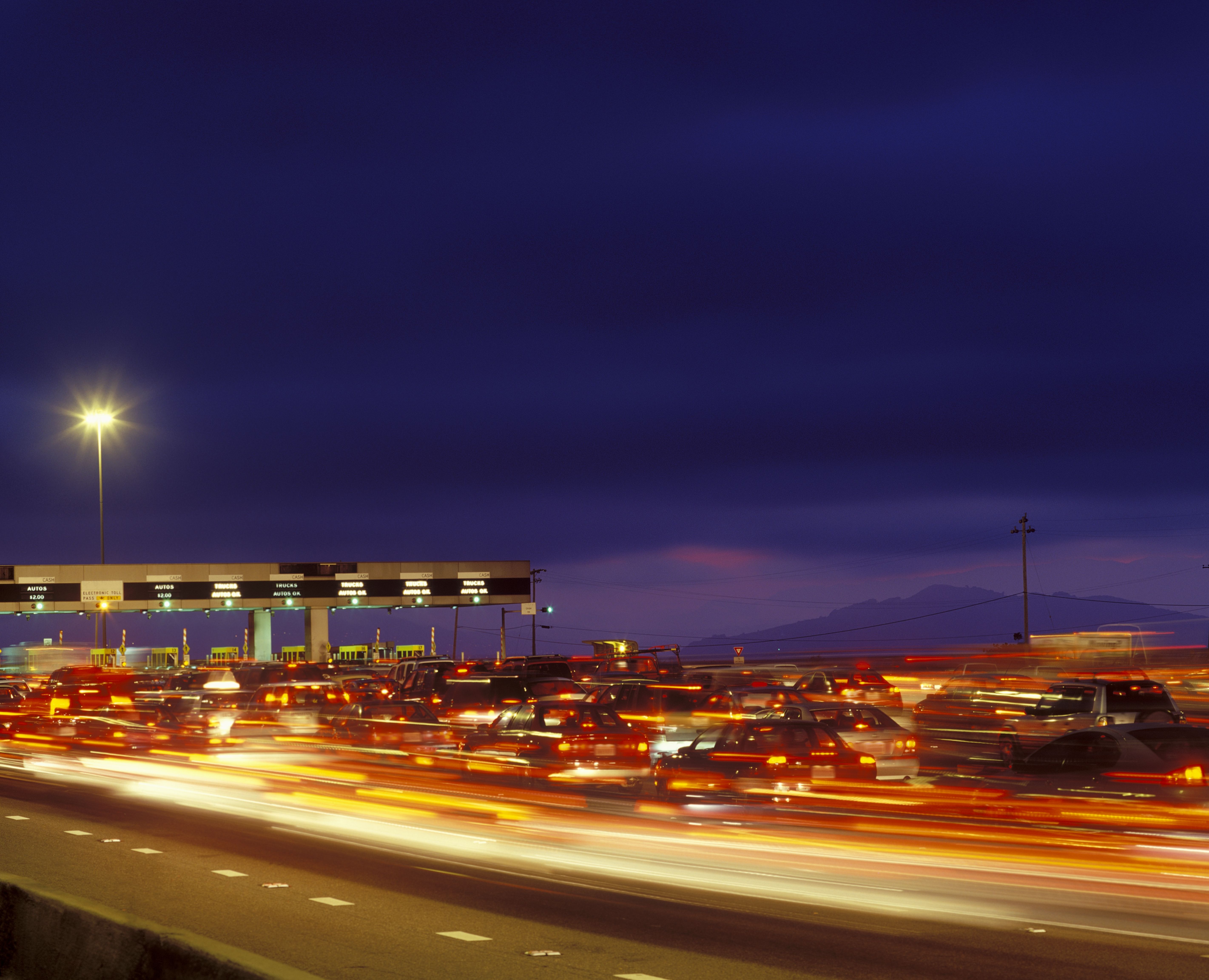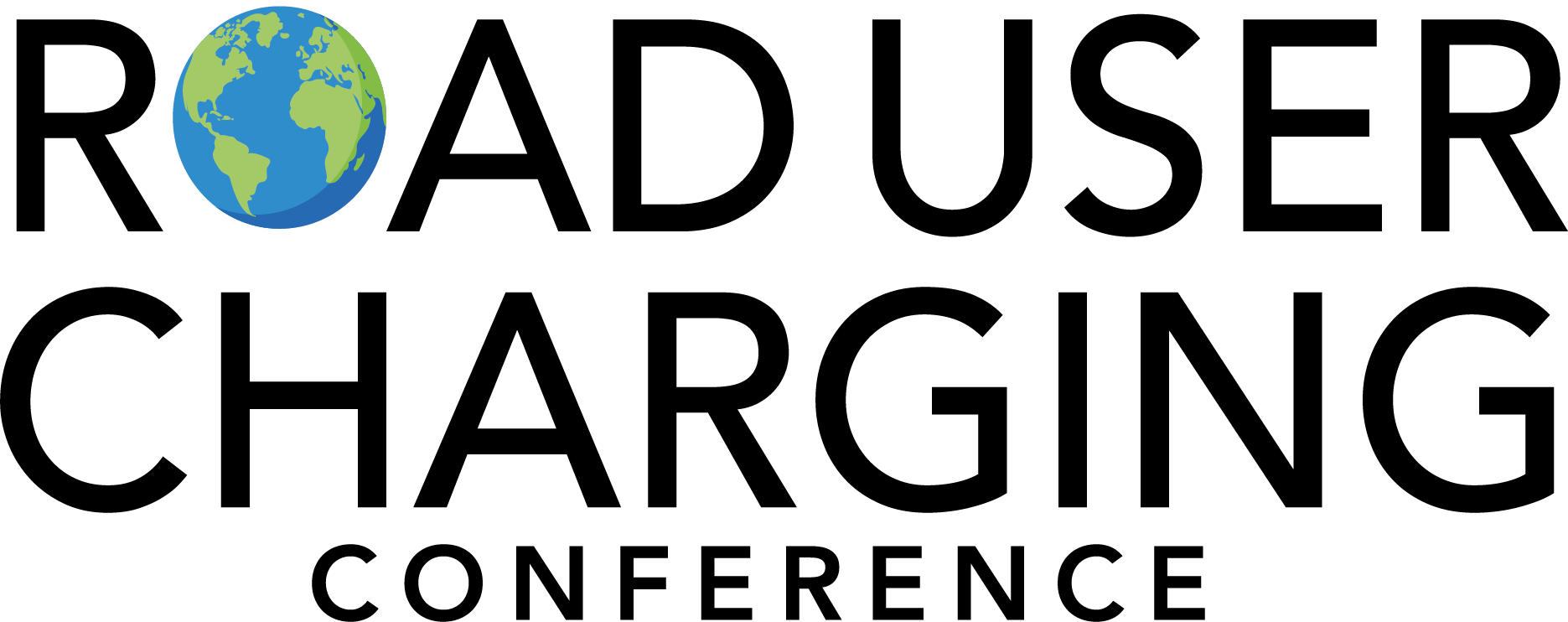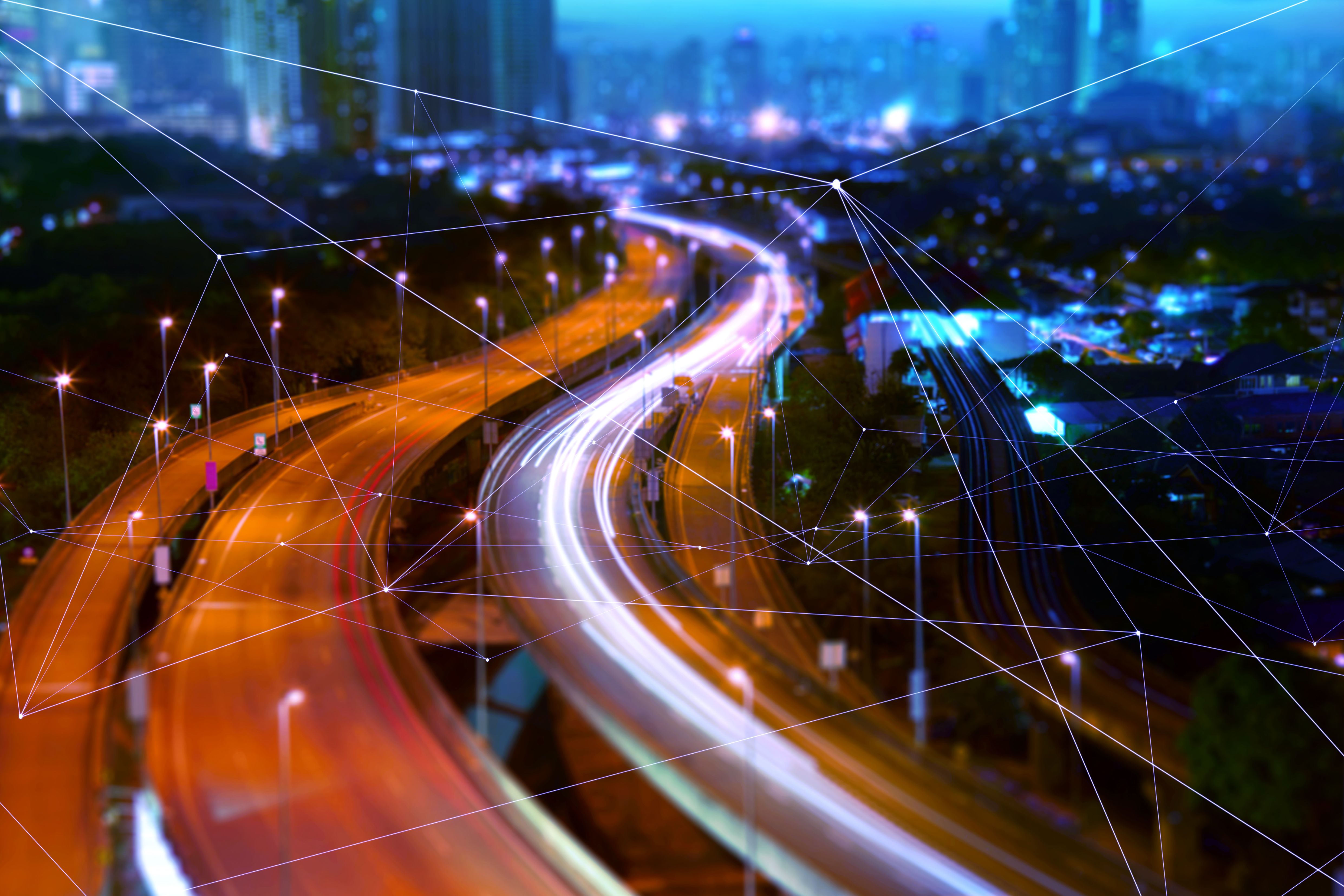TfL owed £370m in unpaid ULEZ fines
)
TfL stated that a cohort of people have yet to pay their fines leaving a mounting number of debts that could be reinvested into improving the transport network for the benefit of all Londoners.
To achieve this, TfL is tripling the number of people in its investigations team to boost the work with enforcement agents to target those in polluting vehicles that refuse to pay the daily charges.
This approach will be used in tandem with other enforcement action including the ability of bailiffs to visit an evader’s address, clamp a vehicle, remove a vehicle and sell it at auction.
This is in addition to the further fees that evaders accrue when they do not to pay the fine within the statutory time limit.
The latest data shows that over 96% of vehicles seen driving in the zone comply with the emissions standards, meaning the vast majority of drivers do not need to pay the daily charge.
Despite this, between August 2023 and July 2024, 761 seized cars were auctioned, recovering £710,147 of debts accrued by the minority who refuse to pay the ULEZ charge.
TfL’s cameras check the number plates of vehicles driving in the zone, and if no charge is paid for a non-compliant vehicle within three days of the journey taking place, and no Auto Pay arrangement is in place, a PCN is sent to the registered keeper.
If a vehicle’s registered keeper does not pay the penalty, it is registered as an unpaid debt and an order made for its recovery.
If still not paid this leads to a court-issued warrant, and enforcement action to recover the outstanding debt.
TfL’s chief customer and strategy officer, Alex Williams, said: “The most recent data shows that on average, over 96% of vehicles seen driving in the ULEZ are compliant.
“We want to send a clear message to vehicle owners that if you receive a penalty charge for driving in the zone, you should not ignore it.
“The aim of the ULEZ is to clean up London’s air and remove old polluting cars from the road so no drivers need to pay and no fines occur.
“There is only a small minority of drivers who are eligible for the charge, and even fewer who are refusing to pay – but we encourage anyone experiencing financial difficulties not to ignore PCNs, and to engage with our staff, who will work with you towards a resolution, including setting up debt payment plans.”



